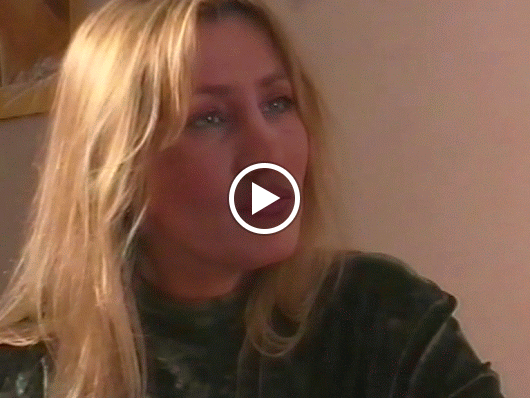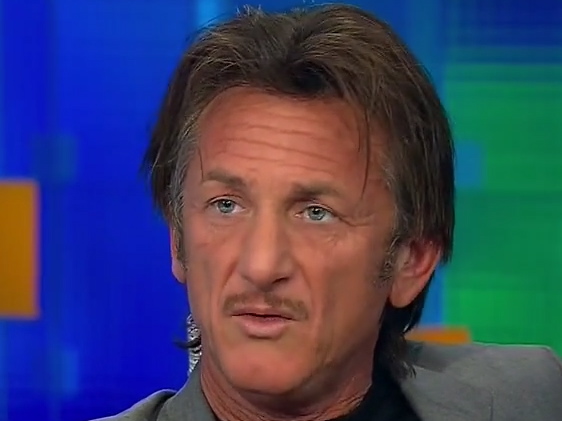World News Actuality & Claire Evren Guest Of The Day Sean Penn at Paris
World News Actuality Presented By Claire Evren
Your 48 hours in Paris, what’s on your Paris agenda?
Today, President Hollande, the minister of environment in Haiti, myself, and Sean Parker, representing private investment, will advance on our pledge agreement for a pretty robust reforestation project in Haiti and tomorrow meeting.
- World News Actuality Presented By Claire Evren
- Claire Evren & Sean Penn in Paris
Sean Penn, the star of “Mystic River”, “Harvey Moon” and ” The Gunman” is involved in a project to support the reforestation of Haiti which is backed by the French state.
The initiative grew out of the time he spent in the Caribbean state following the devastating earthquake in 2010 that killed over 250,000 people, left 1.2 million homeless and reduced much of its frail infrastructure to rubble.
“It’s an agro-reforestation project,” he said. “Haiti has had no middle class significantly for generations and so we believe that through agriculture and an export economy, Haiti’s sustainable economy will return.
Recently you said that when it comes to climate, we’ve got to be optimistic because we have no other choice.
Where does your optimism come from?
What I count on are two things: the resilience of the earth, even against the science that might tell us in many ways it’s too late. And the other is a cultural shift. I have a 23- and a 25-year-old, so I find myself in the company of them and their friends quite a bit. And when I see them very diligently using the recycle bins or choosing a Prius over a Cadillac—and I see a lot of that starting to happen in our culture and in others, and certainly in Western Europe—you are seeing this shift in young people that [my generation] never occupied.
“Everybody is going to have to change in their daily life. If you love your children you have to make some changes or they will have a far lesser world than we’ve had. So that’s simple and it’s immediate.”
“Any solution has to be counter-intuitive. Maybe we have to just slow down. To just stop. To reboot our factual and moral navigation systems.”
For post-election 2016, its pundits for the most part regurgitating propaganda, putting most of the attention on the opposition, and I catch myself feeling badly for the reporters, for the journalists, many of whom are talented and deeply caring. But I understand it. They have an impossible job that reminds me of my own and that of my colleagues in film.
The near impossibility today of nuanced filmmaking in a business that backs creative dreaming and open expression into a self-censoring mind-fuck of budgets based on the statistics of their star’s past box office performance, and the genre friendliest to a current audience. And what do we do? Do we fight it? Really fight it? Or do we tell ourselves there’s a breath of deeper meaning as a justification to be the pawns of human adding machines and therefore, promote their mind-and-soul poisoning corruption of the spirit.
Film can be powerful medicine, but only if its integrity is preserved by those respecting their own vocation. So it is in journalism where journalists are backed into a 24-hour news cycle, rendering them incapable of the processing or the diligence necessary to fulfill the extraordinary service that journalism begs to be. It’s now so much a make-it-up-and-sequelize-it as you go along business. Sound like Hollywood to anybody?
Any solution has to be counter-intuitive. Maybe we have to just slow down. To just stop. To reboot our factual and moral navigation systems.



